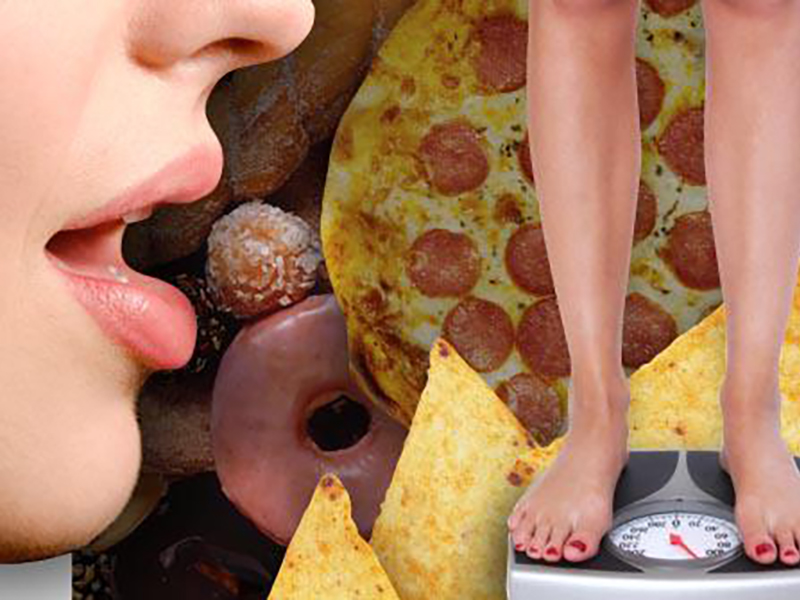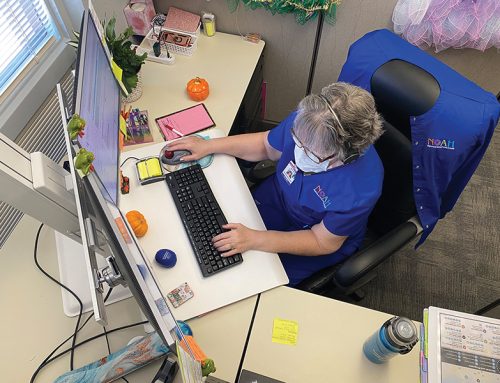Q. Who is affected by Binge Eating Disorder (B.E.D)?
A. Binge Eating Disorder occurs in men, women and adolescents. You do not have to be overweight or obese to have B.E.D. Binge-eating disorder is the most common eating disorder in the U.S. Eating disorders frequently appear during the teen years or young adulthood but may also develop during childhood or later in life.
Q. What is Binge Eating Disorder?
A. Binge eating Disorder is not what we sometimes think of. It’s the feeling of a loss of control which leads to eating past the point of fullness, eating quickly, eating when not hungry, and feeling guilty and alone about the amount of eating that has occurred.
Q. Who treats Binge Eating Disorder?
A. A Psychiatric Nurse Practitioner or a Psychiatrist that prescribes medications can assist you with the loss of control and the overeating. Evidence suggests that medications that are approved by the U.S. Food and Drug Administration (FDA) may be helpful for treating eating disorders and other co-occurring illnesses such as anxiety or depression.
It is also important to note that in order to reduce or eliminate binge-eating behaviors, people should also consider cognitive behavioral therapy (CBT), which is a type of psychotherapy that helps a person learn how to identify distorted or unhelpful thinking patterns and recognize and change inaccurate beliefs.
Q. How do I know if I should seek help?
A. If you experience any of the following, you should seek assistance:
• disappearance of large amounts of food in short periods of time or lots of empty wrappers and containers indicating consumption of large amounts of food.
• uncomfortable eating around others
• practices with food or fad diets, including cutting out entire food groups (no sugar, no carbs, etc.)
• fear of eating in public or with others
• steals or hoards food in strange places
• creates lifestyle schedules or rituals to make time for binge sessions
• withdraws from usual friends and activities
• frequently diets
• extreme concern with body weight and shape
• frequent checking in the mirror for perceived flaws in appearance
• eating in a discrete period of time an amount of food that is much larger than most individuals would eat under similar circumstances
• feels lack of control over ability to stop eating
• disruption in normal eating behaviors, including eating throughout the day with no planned mealtimes; skipping meals or taking small portions of food at regular meals; engaging in sporadic fasting or repetitive dieting
• developing food rituals (e.g., eating only a particular food or food group [e.g., condiments], excessive chewing, and not allowing foods to touch).
• eating alone out of embarrassment at the quantity of food being eaten
• feelings of disgust, depression, or guilt after overeating
• fluctuations in weight, both up and down
• feelings of low self-esteem
• stomach cramps, other non-specific gastrointestinal complaints (constipation, acid reflux, etc.)
• difficulties concentrating
Q. What are some other facts about Binge Eating Disorder?
A. BED is not a choice. No one would choose the shame, discomfort, and depression that comes with BED.
Binging may acutely relieve negative mood; however, afterward, it generally causes the person’s negative mood to return even more intensely, reinforcing binging via negative reinforcement. Lower self-esteem and overvaluation of shape and weight contribute to weight bias internalization among patients with binge-eating disorder.
BED is a neurobiological condition that involves mind and body. Researchers are finding that eating disorders are caused by a complex interaction of genetic, biological, behavioral, psychological, and social factors.
Risk factors for BED include: genetics, a history of trauma, and a culture that idealizes thinness.
If untreated, it can lead to chronic health conditions as well as anxiety and depression. The health risks of BED are most commonly those associated with clinical obesity, weight stigma, and weight cycling (aka, yo-yo dieting). Most people who are labeled clinically obese do not have binge eating disorder. However, of individuals with BED, up to two-thirds are labelled clinically obese; people who struggle with binge eating disorder tend to be of normal or higher-than-average weight, though BED can be diagnosed at any weight.




